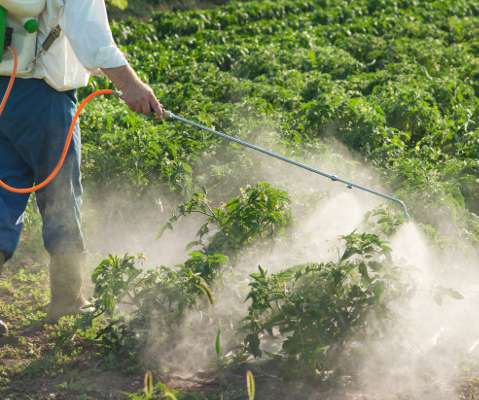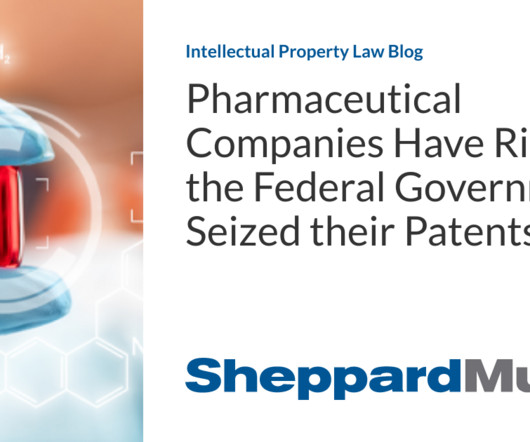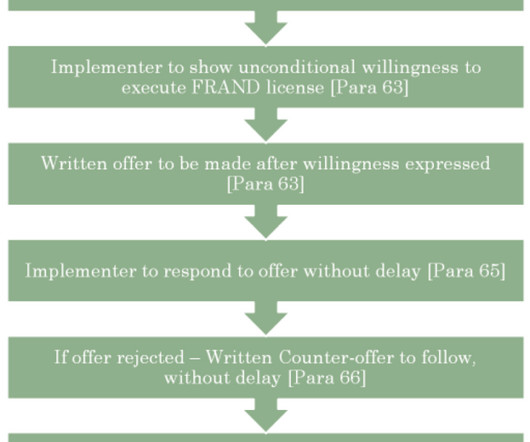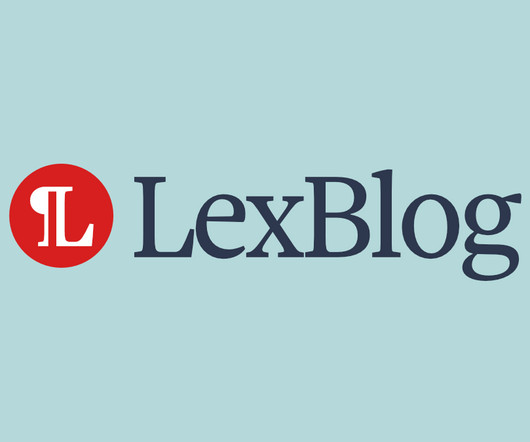Pesticide Patents: Not ‘Working’ Out?
SpicyIP
JULY 23, 2021
The main finding of the paper was the insufficient working of these patents during and even after the patent period. In this post, I shall discuss the impact of non-working, the possible remedies in revocation and compulsory licensing, the issues surrounding disclosure of working and possible reforms in the system.

















Let's personalize your content